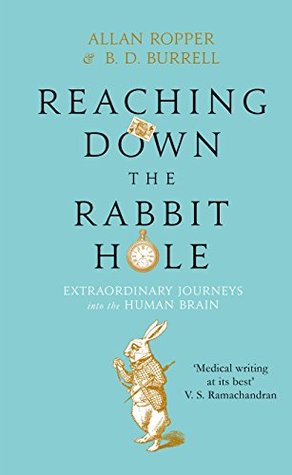More on this book
Community
Kindle Notes & Highlights
Read between
April 18 - April 26, 2020
The psychiatrist didn’t say a thing, but he took a fancy fountain pen out of his shirt pocket and held it out in front of him at arm’s length, as though presenting it. He just held it there. My friend, who was about twenty-six or twenty-seven at the time, got up from his chair, walked over to the psychiatrist, and took the pen. The shrink said, “Did you want that pen?” My friend said, “No, not really.” “Then why did you take it?” “I thought I was supposed to take it.” “The patients are holding out their troubles. They are not really asking you to take them. You should only take them if you
...more
Neurology has more diseases and more complexity and more need for exquisite clinical analysis than any other branch of medicine. Take one little piece of neurology: there is more to it than in the totality of any other medical specialty.
“You’re not going to save everyone,” I told Hannah, “you’re not going to figure out everything. It’s part of the process. What you need to focus on is the far greater proportion of people you have pulled out of the fire, that you will pull out of the fire. Then you move on to the next case.
By the dictates of the scientific method, we are obliged to seek evidence to disprove our assumptions rather than verify them. If you have a theory, you are not supposed to fixate only on the evidence supporting it.
Alan Shewmon claims, rightly, that there are three concepts of death: a biological one that speaks of the organism, a psychological one that speaks of the person, and a sociological one that speaks of the legal person.
What I would say to them is, “I hear you, I’m working for you, working to make you better now, working to help you survive, even if the news is bad.” What I would like to add is, “and you can’t imagine what goes into that.”
All of us—patients and doctors—cultivate the fiction that science conquers all, that it can provide the cures. How could God have created a world in which it can’t? We need to sustain our faith in science, our paradoxical belief in its divine power.


